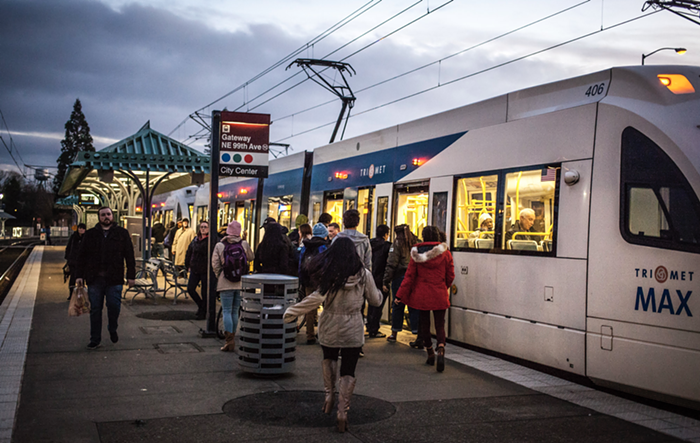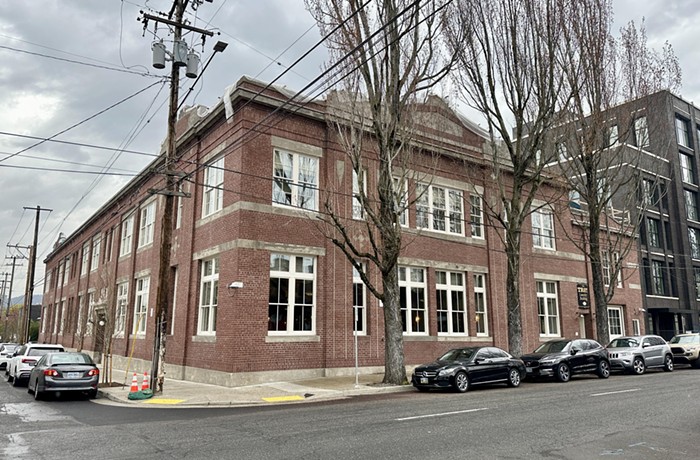People who advocate for bike transportation improvements are very familiar with the tactical deployment of the phrase “avid cyclist” by someone on a crusade against bike infrastructure.
“I’m an avid cyclist,” the person will say, “but taking away space from cars is ridiculous. People need to drive. You crazy bike people are never going to win your war on cars.” (The last line is sometimes only implied.)
The strategy of identifying as an “avid cyclist,” especially when utilized by elected officials or other policymakers, has a couple intended purposes. If stated to someone on the pro-bike infrastructure side, the disclosure is an attempt at familiarity that makes it harder for advocates to know who they’re dealing with, weakening the potential backlash.
More importantly, the phrase serves to make the anti-bike lane perspective seem more reasonable. After all, if even an avid cyclist opposes a new bike lane, it must be a really bad project! This contributes to the general notion that people who bike for transportation are an out of touch minority and therefore undeserving of serious attention. With avid cyclists like these, who needs enemies?
"I'm an avid cyclist, but..." 🚩🚩🚩🚩🚩🚩🚩🚩🚩🚩🚩🚩🚩🚩🚩🚩
— Citi Bike (@CitiBikeNYC) October 13, 2021
Mingus Mapps, Portland’s commissioner in charge of transportation, has riffed on this theme more than once during the time he’s overseen the Portland Bureau of Transportation (PBOT). Most recently, at a city maintenance workers union meeting, Mapps attempted to assure the crowd that he’s “not like other transportation people” by throwing bike lanes under the proverbial bus.
Mapps came to the Laborers’ Local 483 meeting to hype up PBOT’s Fixing Our Streets gas tax measure, which will be on Portland ballots for renewal this May. In response to some member concerns about what the gas tax revenue will be spent on, Mapps said he has been “trying to return PBOT to the basics, the bread and butter of paving streets, making streets safer, and repairing our infrastructure.”
“These are not the funds that are being used to build the bike lanes that drive everybody crazy,” Mapps said.
After another union member called his logic into question, saying they ride their bike everyday and “love bike lanes,” Mapps, ahem, backpedaled. He also elaborated on his initial comments to BikePortland, softening the message a bit. But his main point remained: Bike lanes aren’t included in Mapps’ definition of a transportation department’s “bread and butter” work.
Unless they are? Mapps’ comments at the union meeting were very different from his comments to a Portland bike commuter who testified at a recent City Council hearing asking PBOT leaders to prioritize bike infrastructure. In response to the testifier, Mapps said the gas tax is used to do “bread and butter” (if nothing else, this guy is loyal to his phrases) maintenance work… “including maintaining and improving bike infrastructure.”
Mapps, who is running for Portland mayor and clearly trying to shore up support from all sides, conjures the spirit of the “avid cyclist” strategy. His implicit assumption that the Portland “everyman” is a driver who becomes irate when they see a new bike lane is pessimistic and concerning. Why aren’t people who are overly attached to their cars seen in the same radical light as “bike people”? American car culture runs deep, obviously, but we should be able to count on people like Mapps to push back against it.
Given the state of the climate emergency and Portland’s traffic fatality crisis, what’s really radical is choosing not to build as many miles of bike lanes (and bus lanes, and sidewalks) as is humanly possible. Today’s convenience for those who choose to drive is not worth accelerating decades of climate change-induced heat waves, floods, and fires. It’s also not worth the lives of people lost every day to traffic violence.
It doesn’t have to be this way. Portland could once again be known as a leading city in transportation innovation, which would surely have far-reaching benefits for our future prosperity. (That’s what all these politicians want, anyway, right?) But we won’t get there with wishy-washy messaging that tries to cater to every possible demographic and ultimately leaves everyone miserable.
In the face of progress, some people will turn away, clinging tight to the steering wheels of their Ford F-150s. Maybe they’ll come around. Until then, if a bike lane is really enough to drive you crazy, you might consider meditation.

















